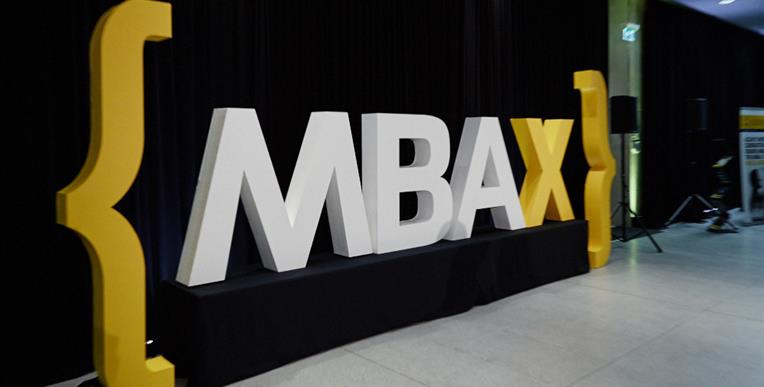What Does The Average MBA Applicant Look Like?
MBA students come from all walks of life. They have different financial means, career aspirations and levels of life and business experience. Some MBA students do it purely for the financial gain, others do it for the knowledge to be learned.
Once they have completed their studies, MBA students go on to be titans of industry, small business owners, entrepreneurs or change agents for social justice and equality.
Each year the QS TopMBA.com Applicant Survey details the mindset of prospective MBA students and their approach to pursuing MBA programs around the world. It is one of the largest business school surveys conducted worldwide and continues the annual research undertaken by QS, the world’s leading education specialists since 1990.
So what does the average MBA applicant look like?
- The average age of the MBA applicant is 28.0 with men (28.2) slightly older than women (27.8).
- The oldest applicants come from US and Canada (29.6) while the youngest are found in Asia-Pacific (26.2).
- Women make up 41.9% of total applicants responding to the survey.
- Although half of global MBA applicants (55.8%) have at least four years’ work experience, 16.9% reported having less than a year.
- The most selected reason for pursuing an MBA is to take up a leadership/general management position (46.5%). But the top reason for applicants in Africa & Middle East (49.7%) and Eastern Europe (54.6%) is to gain international experience.
- The largest expected funding source for MBA applicants is scholarships, which was selected by more than half (52.9%) of respondents. Private loans and personal savings are the next most selected sources.
- The average MBA applicant expects to fund 33.3% of their total education costs with either their own funds or those from their family. 41.0% of MBA applicants across the world would no longer consider an MBA if they were to receive no form of scholarship.
- Entrepreneurship/innovation is the leading intended specialisation for MBA applicants, selected by 35.6% of respondents, followed by international management (34.6%), and strategy (32.6%). Only residents of Eastern Europe did not report entrepreneurship/innovation as a top three intended specialisation
- The full-time MBA is still the favored method of delivery, considered by 83.4% of applicants, when compared with part-time (28.6%) and online (15.8%). Online interest is more common in Western Europe (22.1% of respondents) and US & Canada (18.0%) and less common in Asia-Pacific (7.3%).
- MBA applicants believe ‘leadership’ is the skill that recruiters most seek in MBA hires, selected by 54.2% of respondents this year and followed by problem solving (46.1%) and business acumen/ commercial awareness (38.5%).




